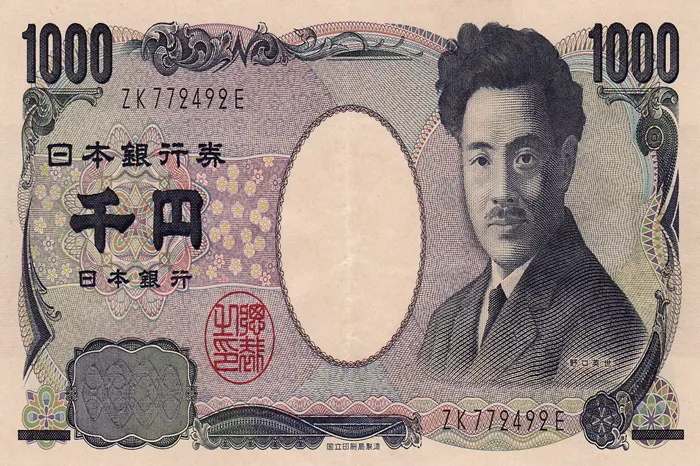The Japanese yen fell by more than 1% against the dollar, while Japanese stocks saw a strong rally as early U.S. presidential election results suggested Donald Trump could have the upper hand over Kamala Harris. Traders speculated that a Trump victory might push the yen lower, driven by expectations of a more expansionary and inflationary economic policy under his administration, which could reduce the likelihood of aggressive interest rate cuts by the U.S. Federal Reserve.
Conversely, market participants believe the yen would strengthen if Harris were to win, as her policies would likely allow the Fed to maintain a more dovish stance, possibly continuing rate cuts. As the election results trickled in, Japanese markets remained in focus, with a particular eye on the dollar-yen exchange rate, a key indicator during Asian trading hours due to the size and liquidity of Japanese assets.
Yugo Tsuboi, chief strategist at Daiwa Securities, commented on the shifting market sentiment: “The markets are starting to bet on a return of Trump. His margin in Florida is wider than expected, a populous state, which is raising expectations that the Republicans may be performing better elsewhere.”
At 10:00 a.m. Tokyo time, the yen weakened 1.1% to 153.22 per dollar, reversing its gains from the past two days. Meanwhile, Japanese equities surged, with the tech-heavy Nikkei 225 jumping 2% and the broader Topix index up 1.7%, driven by strong performances in financial and chip-related stocks.
In the bond market, Japanese 10-year government bond futures fell by 7 ticks, though the benchmark cash debt yield remained unchanged at 0.935%. Traders, however, are on edge over potential volatility in the dollar-yen currency pair. Implied volatility for overnight dollar-yen options surged to 36.5%, nearing the one-year high of 39.1% reached during the Japanese stock market’s meltdown in early August.
The rally in Japanese stocks has struggled to reach the record levels seen earlier in the year, particularly after the yen’s recovery in August. A 12% drop in both the Topix and Nikkei indexes on August 5 highlighted the sensitivity of Japanese equities to shifts in sentiment, with concerns over rising borrowing costs and the yen’s persistent depreciation weighing on investor confidence.
The yen’s ongoing slide has contributed to rising import costs, pushing up inflation in Japan and adding pressure on the Bank of Japan (BOJ) to tighten its ultra-loose monetary policy. Following a recent election that saw the ruling Liberal Democratic Party lose its majority in the Lower House, market expectations are mounting that the BOJ could raise interest rates as soon as December.
As Japan navigates these changes, the U.S. election results are adding to the market volatility, particularly as Japanese investors adjust to the shifting dynamics in global and domestic monetary policies. The uncertainty surrounding Japan’s ruling coalition, combined with the potential end of the BOJ’s accommodative stance, has led to swings in Japanese asset prices and a cautious outlook on future rate hikes.
For global investors, a pause in Japan’s rate increases could provide reassurance that Japanese assets will remain attractive, reducing the risk of capital outflows if yields improve elsewhere. However, uncertainty about the BOJ’s next moves and the broader impact of the U.S. election results will likely continue to dominate market sentiment in the coming days.
Related topics:
Nasdaq Leads Decline in U.S. Stocks Amid AI Concerns from Tech Earnings
Asian Markets Tread Cautiously as Investors Await Key U.S. Data
Oil Prices Climb Amid Shrinking US Inventories and Middle East Tensions


